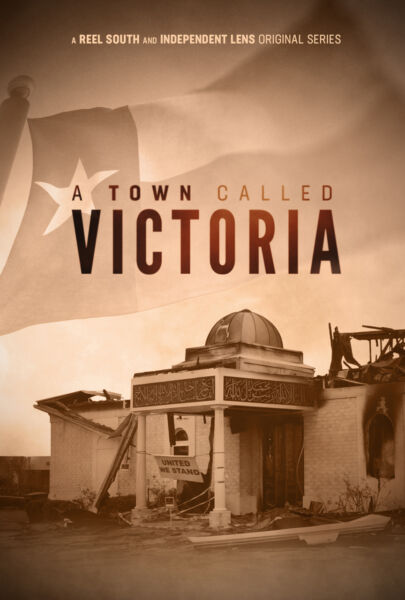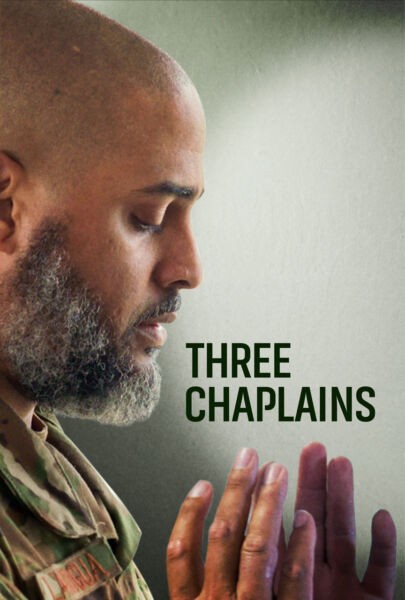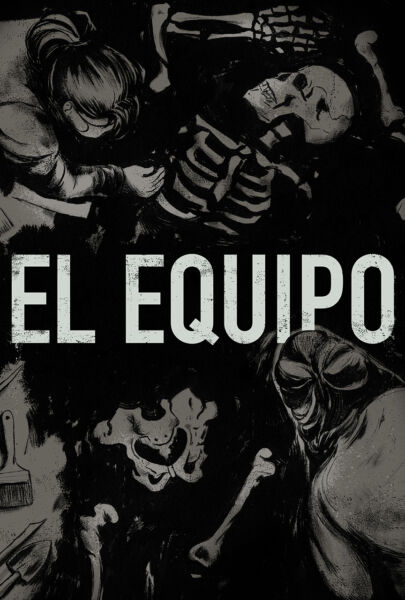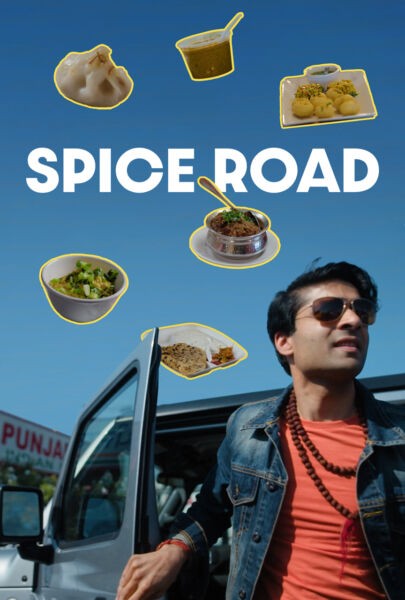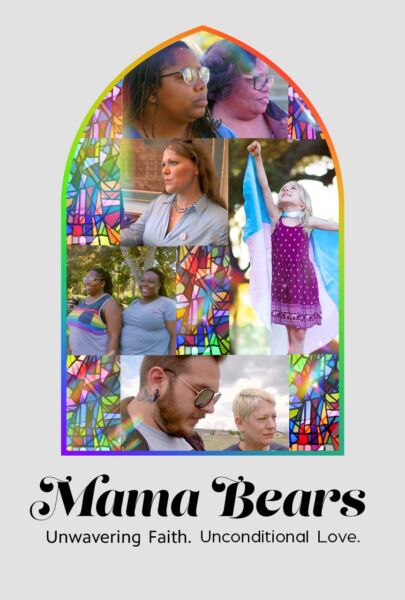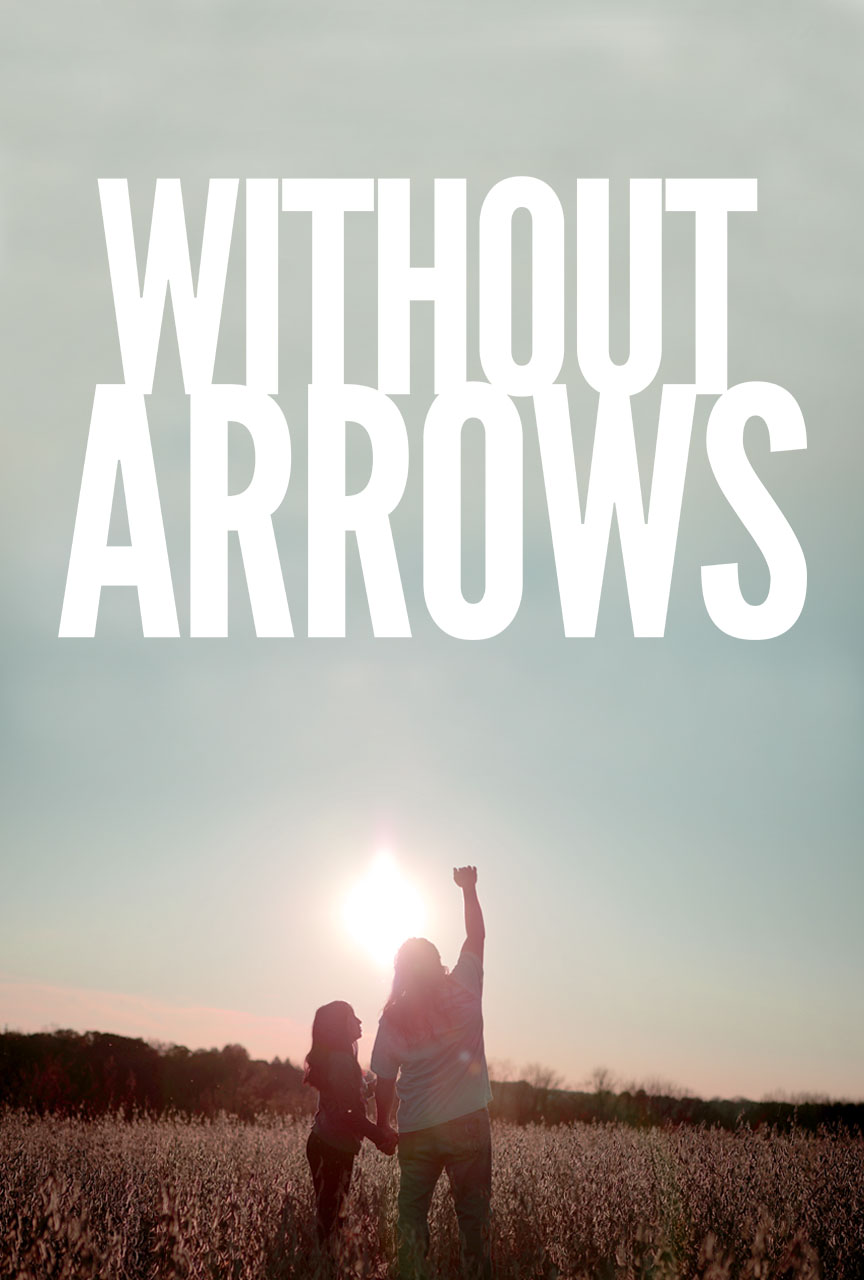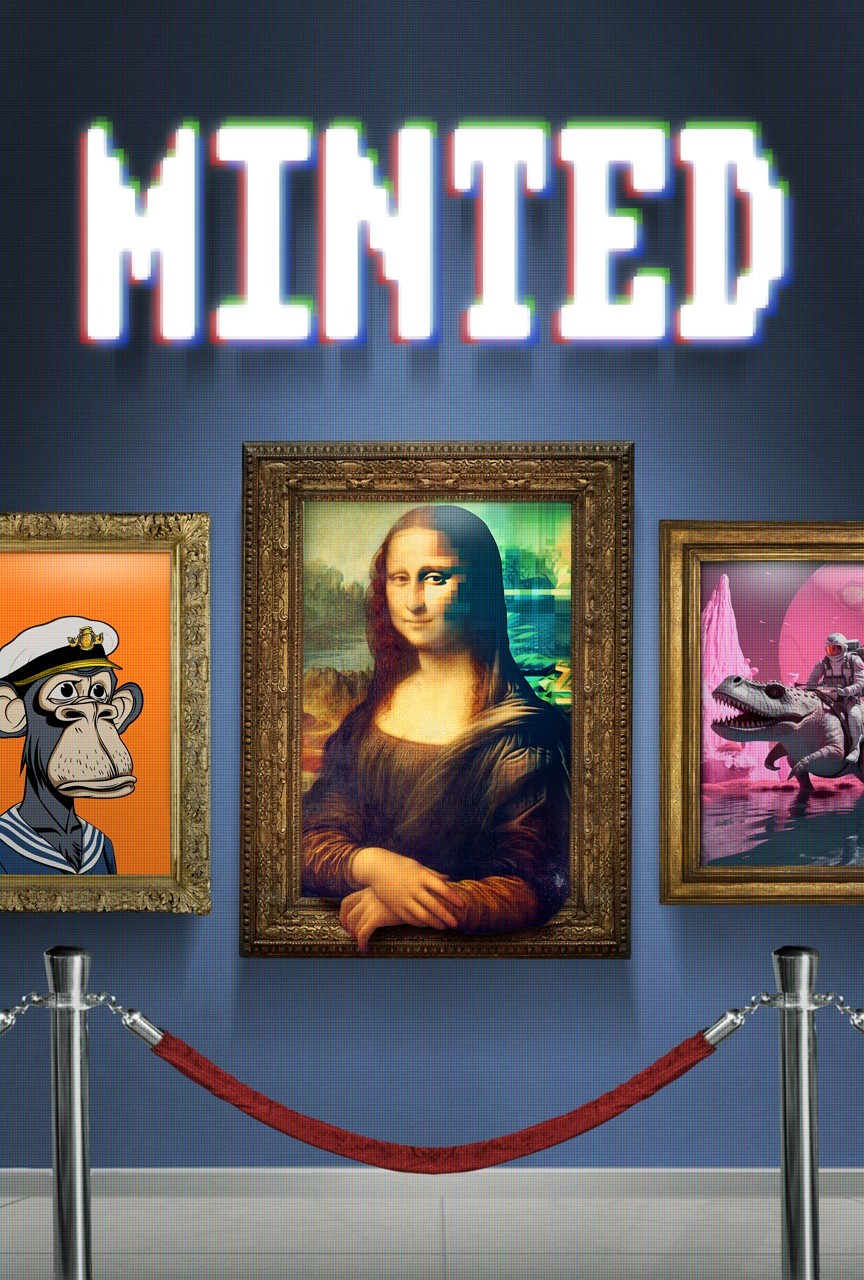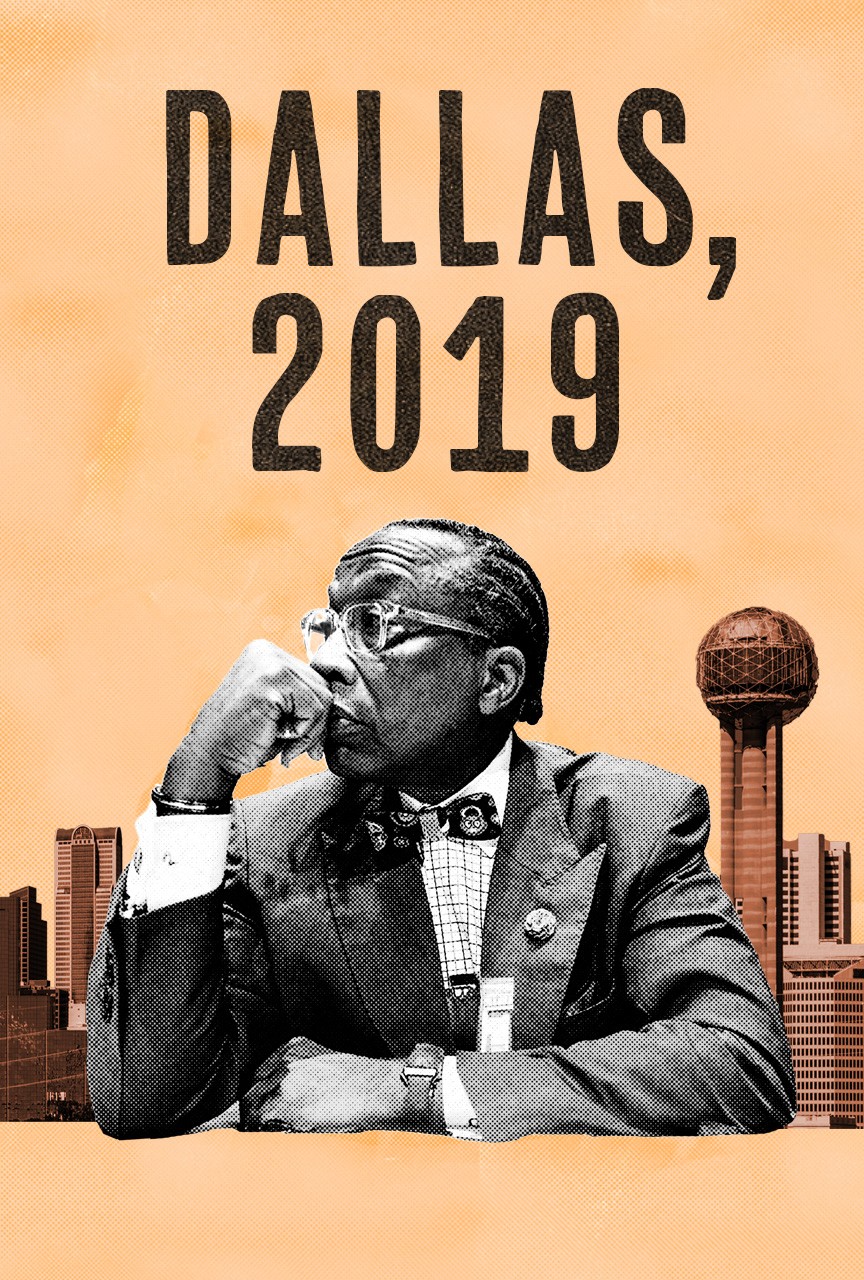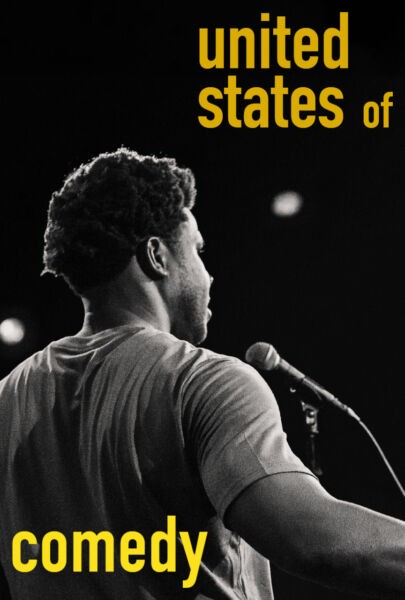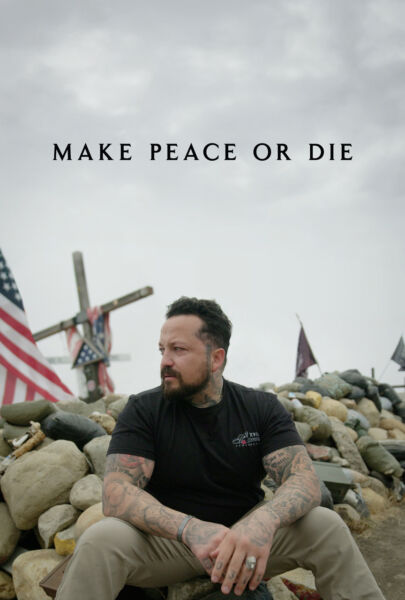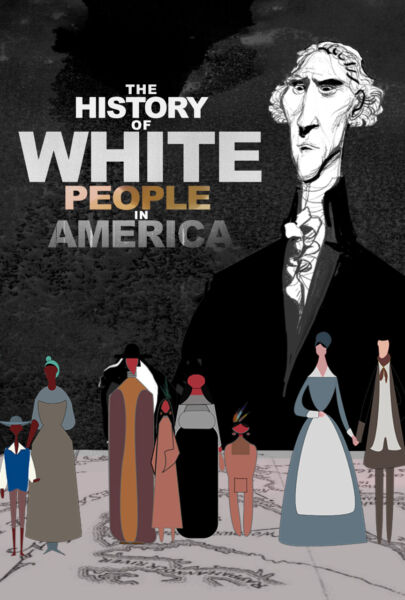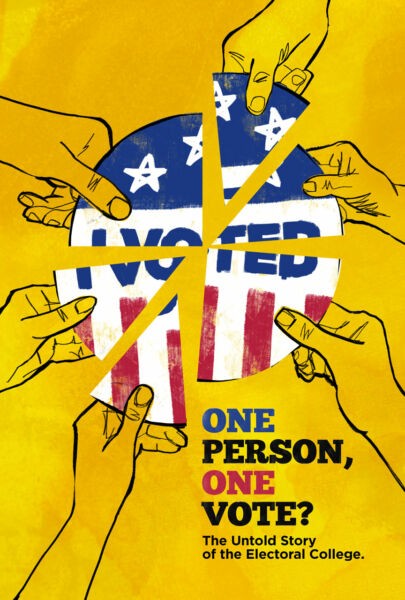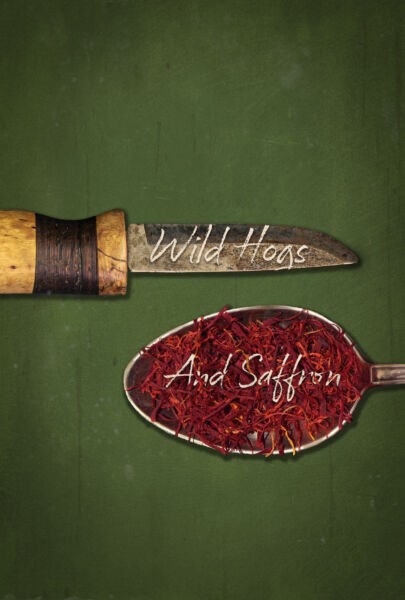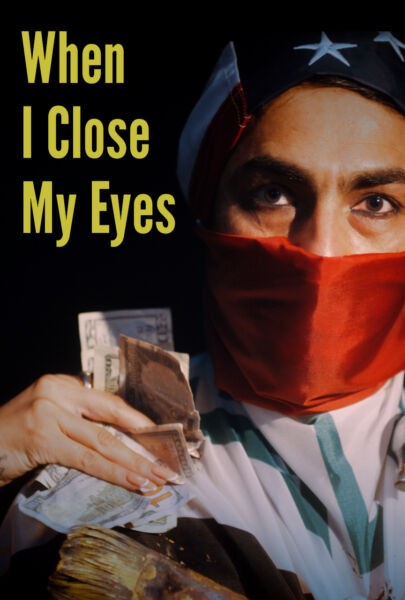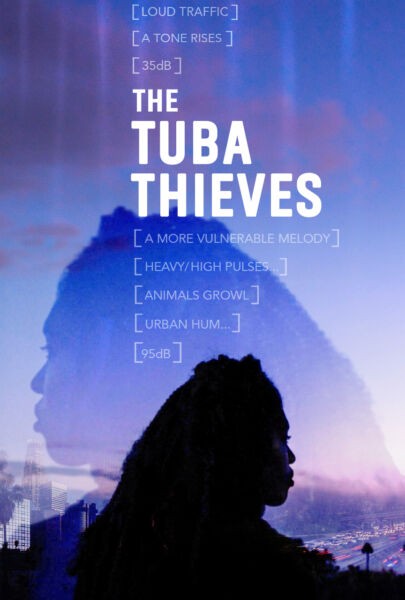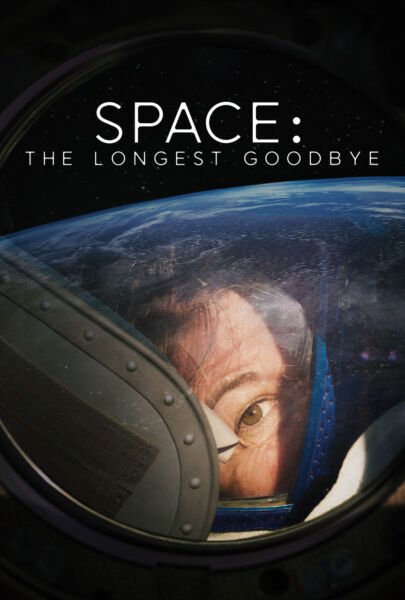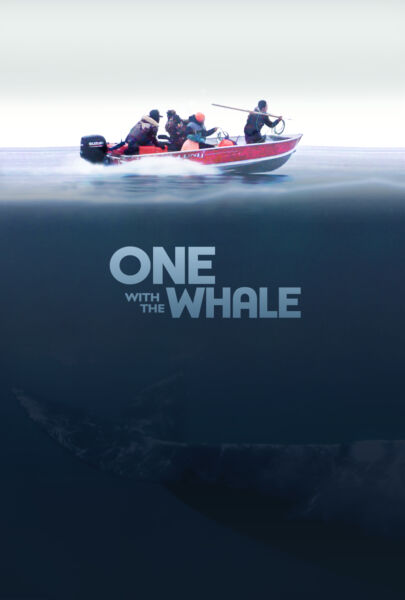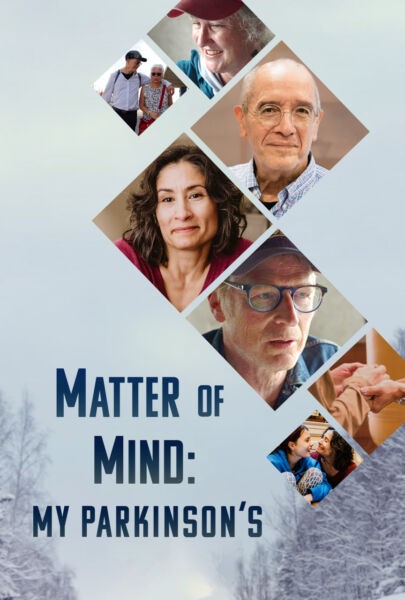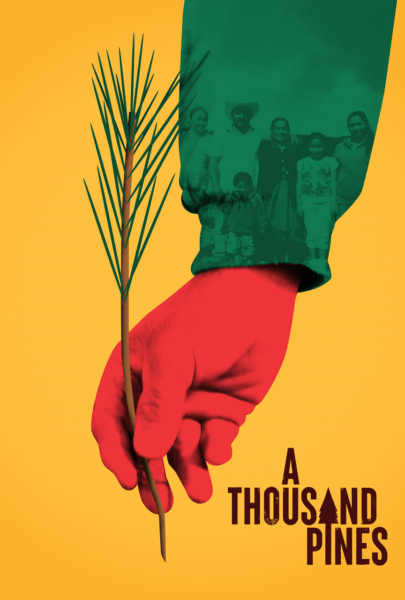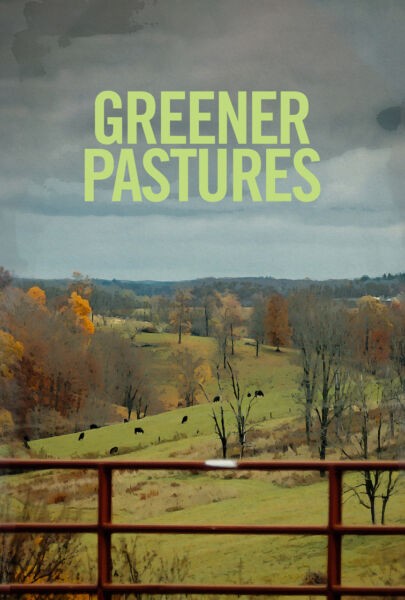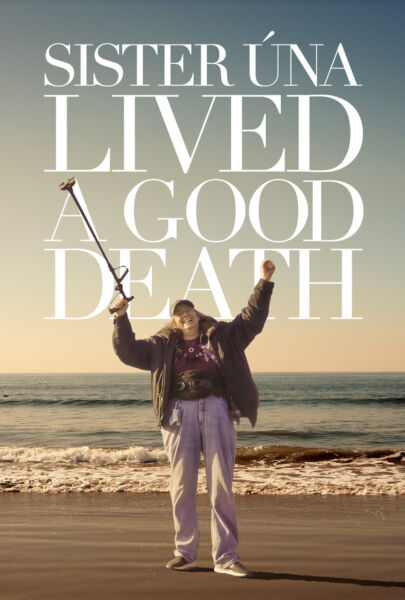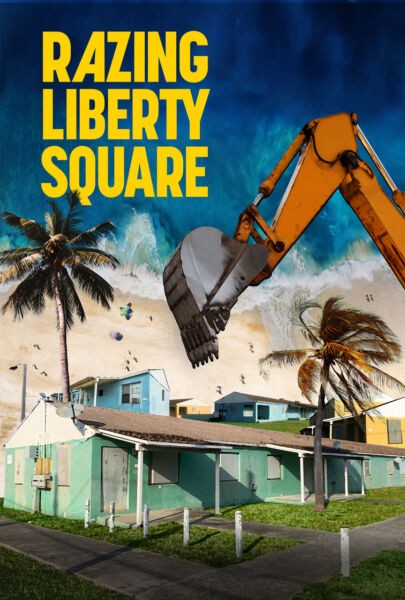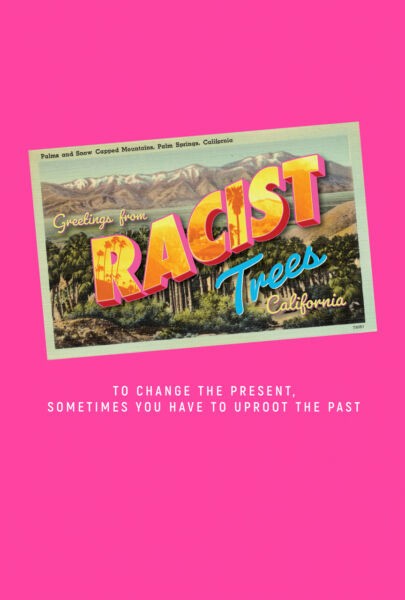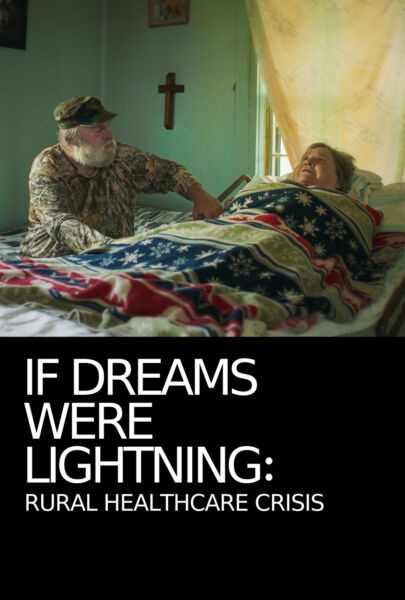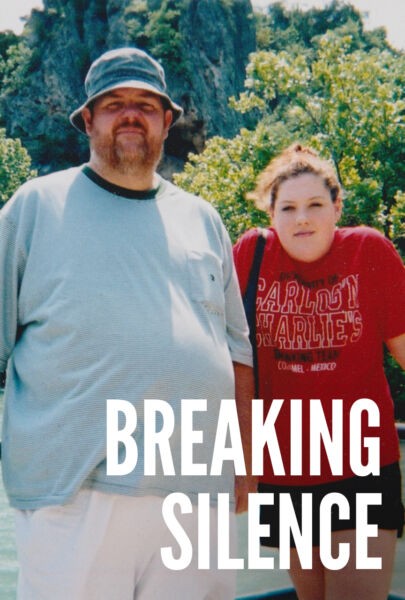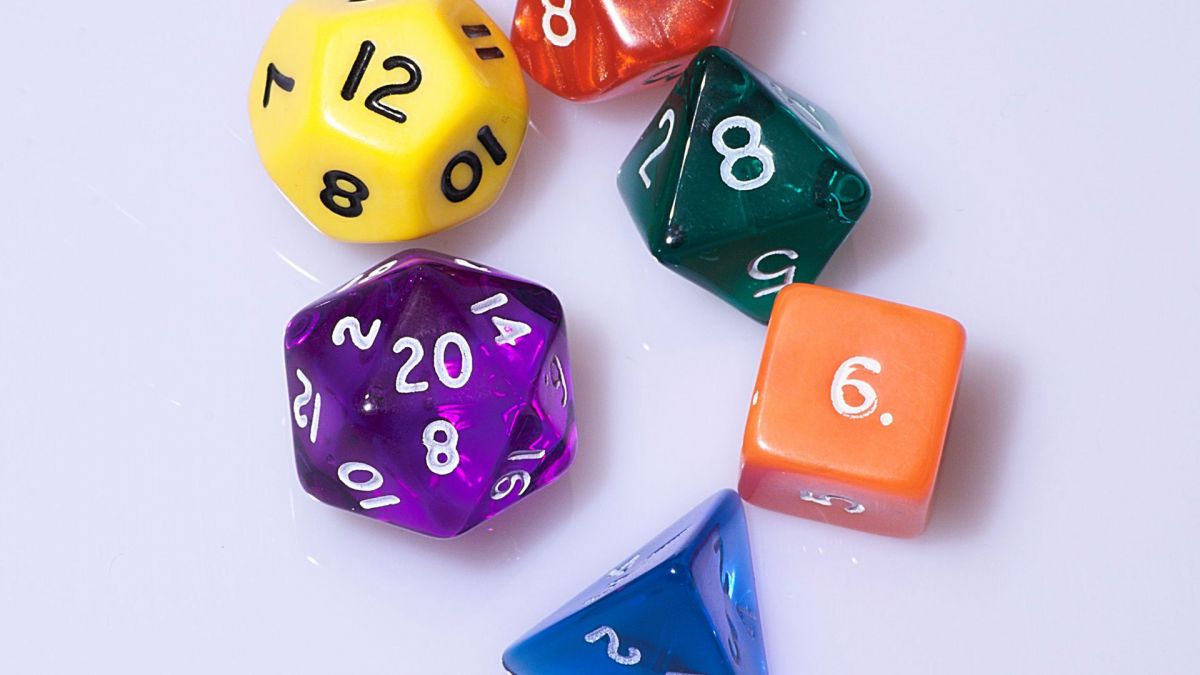
By Lennlee Keep
It was the summer of 1979 in Lincoln, Nebraska. Everyone in my family gets a sunburn when we even think about a beach, so we are very indoorsy. My 11-year-old brother Rob had a new game: Dungeons & Dragons. He studied the dragon-decorated guide books and painted teeny metal elves with paint and a toothpick. D&D was the perfect game but it couldn’t be played alone. His friends were away for the summer so that left him with seven-year-old me and our four-year-old brother Nick, who kept putting the dice in his mouth and the elf in his tonka truck, so he wasn’t gonna work. Which left me. I didn’t understand it and I didn’t want to play it. Best of all, he couldn’t make me.
For the first time, I had something that my big brother needed. I’d never felt so powerful. The cards were stacked in my favor and I knew what I wanted: his allowance, and not just a dime or a quarter, I wanted the entire dollar. It was agreed that I would play a minimum of two hours per day and his allowance was mine. There were “no take-backs.”
There were five different dice: a 20-sided one (D20), ten-sided (D10), a D8, a D4, and a traditional six-sided dice that was stolen from our Monopoly set. Also tiny figurines, a dragon, a wizard and an elf. All of that combined with the promise of an entire dollar were the only things keeping me at the table. It took a while to understand the dice, but the game relied heavily on it.
???
Dice are one of the earliest recorded gaming tools and pretty much at the core of most games. Dice games evolved and other games weren’t far behind. A game board, kind of like cribbage, was discovered in the tomb of the Pharaoh Amenemhat. The entire set is on display at the New York Metropolitan Museum. Since all the pieces are intact, we must assume that ancient Egyptian children weren’t allowed anywhere near it.
Games started relying on skill more than luck, exemplified by Chess, “the game of Kings.” While there’s debate about who specifically created chess, its origins can be traced back to the Gupta Empire in India around 600AD. As chess spread globally the pieces evolved to reflect the monarchies that ruled the world.
♞♖♔♟
Games continued to be a reflection of the times even into the 20th century, and Monopoly is a prime example. It was originally called “The Landlord’s Game” and was created by a Scottish woman named Elizabeth Phillips. She designed it more as a cautionary tale and an example of how land grabs can go wrong, how the rich can afford to get out of jail, and how we needed to work together so that we can all succeed. The game had two sets of rules: one where wealth benefitted not one, but all players; and a second set of rules where the goal was to crush your opponents into poverty and hoard a pile of money for yourself. Needless to say, the second set is the one that Americans use.
It isn’t surprising that board games boomed during the depression. A game was pretty inexpensive. It only cost two dollars for a Monopoly set in 1935 and it provided an endless entertainment for the entire family. And like the movies, they also provided an escape. During a time of poverty and lack, playing Monopoly could give you the feeling of being rich, for a little while. I think that still holds. If I have a stack of $500’s in front of me I start polishing my monocle.

1949 edition of Clue (a.k.a. Cluedo)
Some of the world’s most popular games were also created out of a need for entertainment and escape. Candy Land was created for children in the hospital suffering from polio. What better escape for a sick kid than a quick run around a world of candy? Clue was created by an English musician in the tunnels of London, as something to do during air raid drills. His original version had 10 characters, one of whom was the victim.
War and conflict provide an escape but also a structure for some games. In 1957, Albert Lamorisse created the grandfather of all war games, Risk! A little film nerd trivia is that Lamorisse wrote, produced and directed the classic French short film The Red Balloon.
The rules were simple but the drama was high and the conflict was intense. It was released globally with the tagline “Conquer the world,” which was a little problematic in Germany. Given their recent past, that message was still a little too close to home, so for the German release it was changed to “Liberate the world”.
Risk didn’t sell well in Germany–they didn’t want to think about the war and were very averse to anything that even resembled conflict.
This helped usher in the birth of “Eurogames” which were a whole new way of game playing with a different set of rules and goals. In these games, no one is eliminated, there is a low level of randomness that impacts the game with very little direct conflict. And this type of play remains immensely popular in games like Carcassonne, which was first released in 2000. Carcassonne is based on an actual medieval city in the south of France. Players lay strategic tiles earning points based on how they fill in the countryside around the fortified city and the person with the most points wins.
To be clear, you don’t knock anyone out, you don’t destroy any of their tiles, you just strategically place your tile so that it is useful to everyone.
The popular Ticket to Ride series shares some similarities to Risk, but with railroads (and not quite as epic in length). I am embarrassed to admit that when I was researching these games it was hard for me to wrap my little American board game mind around the idea that it was cooperative play, where no one was eliminated and yet there was somehow a winner? In Ticket to Ride you are trying to get your trains on a rail route to get to destinations you’ve drawn on a card. So while everyone is playing for points, the path you take to earn those is different for every player. There is little or no head to head play really and if you block one of your opponents from their route it’s incidental. Even though the game is very simple to play, it is surprisingly suspenseful and fun.
I’m looking forward to playing again, but can’t seem to convince my 15-year-old that this is somehow equal to or better than Fortnite.

Playing Ticket to Ride at an annual board game festival in Helsinki, Finland; photo by JIP via CreativeCommons
People are playing Eurogames like these by the millions, and they are playing all the time. It’s not just a game, it’s a hobby.
An American style of board game has also been embraced and a new genre, “Ameritrash,” has risen. [Although there is some dispute as to what this term means or how it’s used…] Ameritrash games have a highly developed theme, lots of conflicts and it takes more luck than strategy to win. The games are also based around popular franchises or stories, like Star Trek, Dune or Tales of the Arabian Nights. If these had been around when my brothers and I were growing up, these would have been our go-to.
???
The Warhammer series is a popular combination of war games and fantasy. This multi-million dollar franchise which is currently in its 8th edition shows no signs of slowing in popularity. Warhammer has been around for over 30 years so young players are discovering the game while older players are returning to play to relive their youth.
When people talk about gaming and revenue they typically are referring to the video game industry. The fact is that the sales of board games are on the rise. Global sales of games and puzzles are expected to reach an incredible $29.96 Billion by 2025.
This increase in some ways is being driven by the video game industry. A recent Pew Research Center report found that teens are using the internet almost as much as their parents and some estimates show that adults in the US are spending about 10 hours a day with their eyes fixed on a screen. While all the games we’re playing vary in rules and goals, they all share one common thing. These games are not created to be played alone. Whether you are trying to destroy your opponent’s fortune or gain bragging rights as a trivia champion, the fact is games played together feed our very human need for social interaction, for facetime, for just being with people.
Dozens of studies [like this recent one by the University of Arizona] show that direct social interaction is a critical component of our physical and mental health and that social isolation can be as bad for our health as smoking, obesity and heart disease. I’m not saying that playing board games is going to save your life, but the direct interaction that they provide can serve to make you happier and healthier.
That was true even for me and my brothers. Although I think social interaction with siblings is largely a matter of geography, games did give us a structured way to learn math and critical thinking, strategizing and even emotional restraint.
???
My time as a semi-pro Dungeons & Dragons player ended relatively quickly.
On a Saturday my little brother told my parents the whole scheme. They said that my brother shouldn’t have to pay me to play a game with him. I watched my brother smile smugly over my mom’s shoulder as I cried, “But mom the game…sniff sniff…It was so looooong and so dumb!” In fairness, I didn’t earn the money anyway. I usually only played for about 10 minutes at a time. I would choose the elf character with the least amount of resources and the lowest amount of health who would guzzle down any potion put in front of him leading him to certain death. [I tried to fact check some of my memories with my older brother for this piece. He remembers the whole story pretty much as I did, except the amount was different. He knew that if he offered me his entire allowance that there was no way I would walk away from that kind of cash. He also knew that he never intended to actually pay me. Either way, Game over.]
???
Am I the only one who has memories like this? I’d love to hear your sibling game stories, as well as game recommendations. (My own son, now 15 years old, has a strong bias against D&D and a very strong interest in video games.) If you, too, feel the need to reinstate a family games night, what games would you recommend for a family, or for kids and their friends?
Lennlee Keep is a nonfiction writer, filmmaker, storyteller and reticent D&D player. Her writing has appeared in The Rumpus, The Southeast Review, and ESME. Her films have been shown on PBS, A&E and the BBC. The ex-wife of a dead guy, she talks about death more than most people are comfortable with. She is working on a memoir about addiction, grief and a literally broken heart. She lives in Austin, Texas with her son and their guinea pig, Chuck Norris. She is much funnier than all of this might lead you to believe.

